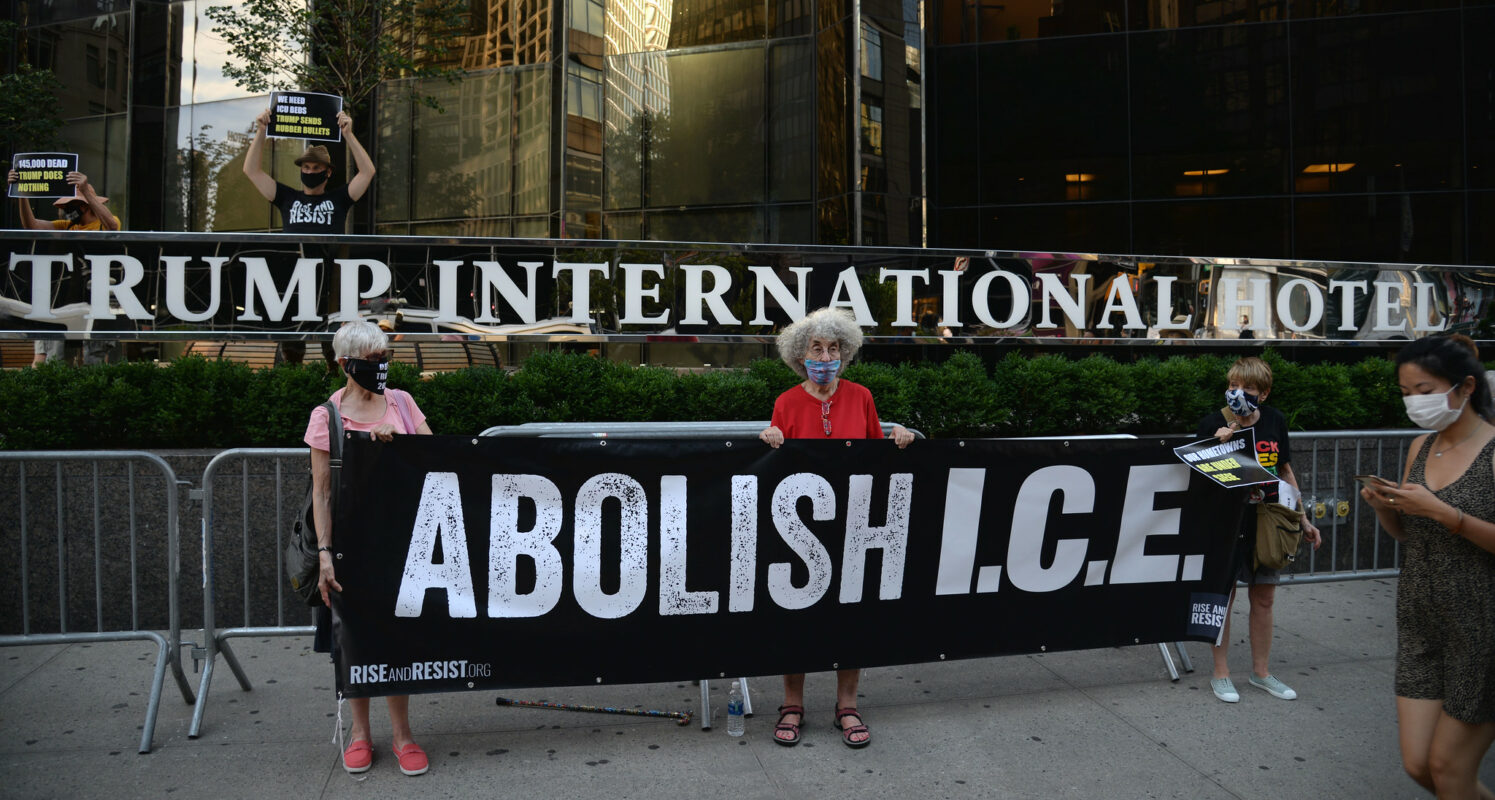An asylum-seeking parent who has filed a lawsuit against the federal government after being separated from her son under the previous administration’s zero-tolerance policy said they were never even given a chance to hug goodbye. Instead, M.S.E., as she is known in court documents, said her son, identified only as J.M., could only wave as officers ripped him and other children from their parents for legally seeking asylum.
“M.S.E. repeatedly asked the officers about J.M., but they never explained what happened to J.M,” the complaint states. “Instead, the officers said M.S.E. and the other parents would be deported, and their children would be put up for adoption. They told M.S.E. to forget about her son.”
The lawsuit, filed last week on behalf of three moms and one dad after the Justice Department last December caved to politics and ended settlement negotiations, states that J.M. was then processed as an unaccompanied minor even though he’d arrived to the U.S. with his mother.
“During his separation, J.M. repeatedly asked to talk to his mother,” documents said. “His caseworker repeatedly answered that she did not know where his mother was.” He would not be able to speak to her for two months. M.S.E. was similarly distraught over their separation, told by one officer “that she would never see her son again.” M.S.E. was then given some phone numbers and told to find him on her own.
This was intentionally cruel. Officers know damn well that telephone access in detention is lacking—because they make it that way. The complaint states that when M.S.E. was actually able to get onto a phone, her calls to shelters were useless because the federal government had misspelled her son’s name while processing him. M.S.E. and J.M. were finally reunited in late June 2018, after months of forcible separation. “M.S.E. and J.M. were overjoyed to see each other again after two months apart,” the complaint said. “Mother and son ran to each other, hugged each other, and sobbed. J.M. noticed that M.S.E. looked strikingly different to him: her eyes were swollen, she was very skinny, and she appeared depressed.”
Physicians for Human Rights said in a 2020 report that the family separation policy rose “to the level of torture,” and because officials refused to tell children and parents of each other’s whereabouts, they concluded the policy was a form of enforced disappearance, “which is prohibited under international law in all circumstances.”
They reiterated this point this week, following news that nearly 170 children continue to remain separated. NBC News’ Jacob Soboroff reports that the Biden administration has reunited 390 families, with more than 2,000 people separated under the policy allowed to remain in the U.S. temporarily. “Biden admin has said as many as 1,000 families remain separated.”
”Family separation = torture,” Physicians for Human Rights tweeted Monday. “The US government must reunite families immediately & provide redress to victims who suffered harm through forced separations in line with U.S. law and international treaty obligations.” Not at all surprisingly, the family continues to suffer from immense physical and emotional trauma as a result of the policy. Like other children harmed under zero tolerance, J.M. appeared “withdrawn” and “very sad for a long time. He even began cutting himself,” documents said.
“J.M. still hurts from the separation. He still remembers it vividly and viscerally: he feels great pain in his chest and throat when he thinks about it. Now 19 years old, J.M. continues to struggle with the damage the separation caused, stating, ‘I’m big now, so I try to be strong. But I still feel broken inside.’”
“The U.S. government separated thousands of families in a harsh but deliberate attempt to prevent families from continuing to seek asylum in the United States,” said Hogan Lovells attorney, Danielle Desaulniers Stempel. The law firm sued alongside Refugee and Immigrant Center for Education and Legal Services and Lewis Roca. “All four plaintiff families named in today’s suit suffered experiences that are sadly all too representative of the thousands of other families who were separated.”
